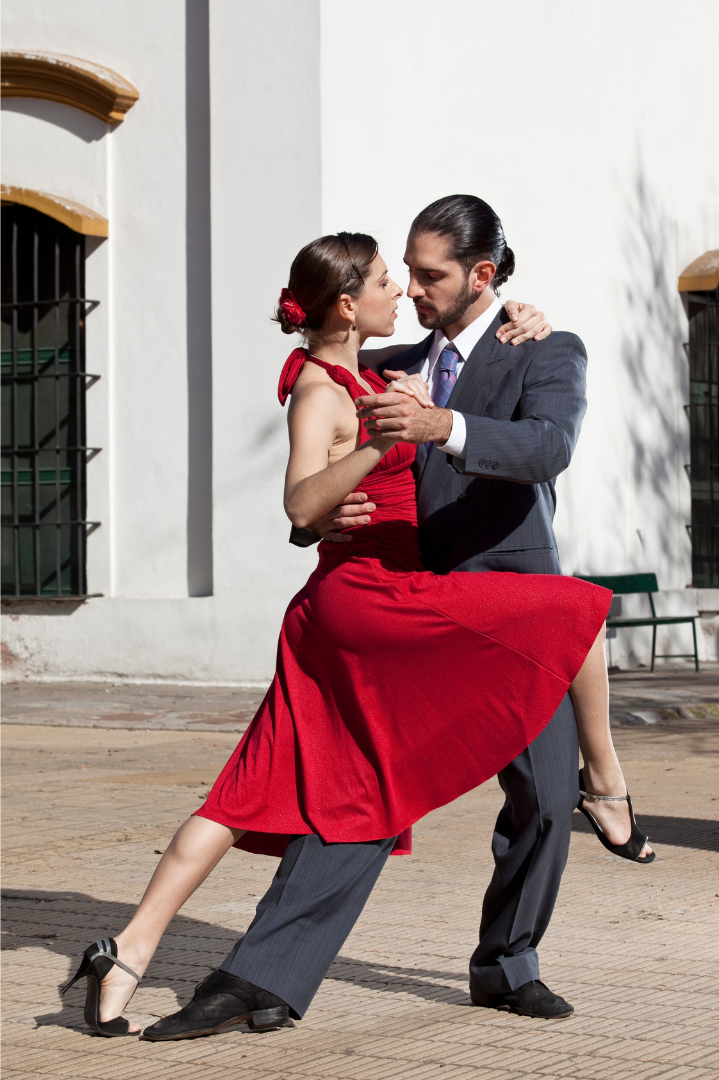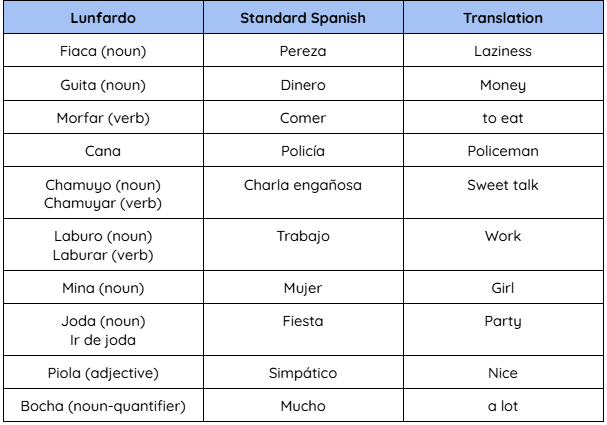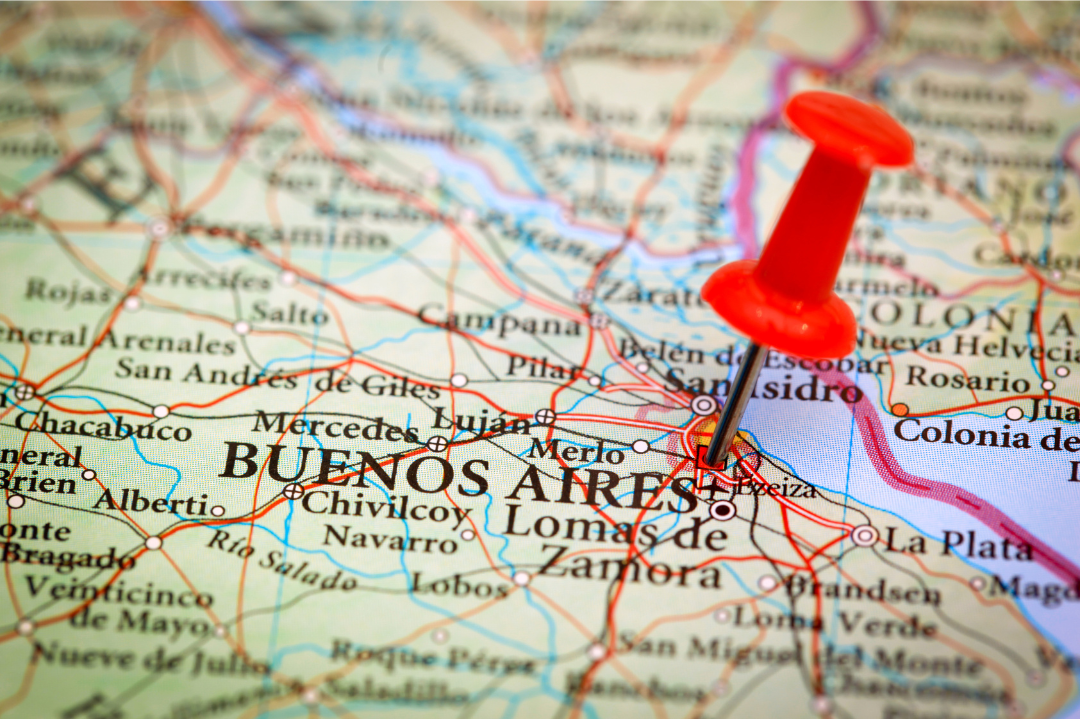What is Lunfardo?
Get to know this unique cultural language that survives in the streets of Buenos Aires!
by Cecilia Camarero
"El pibe se subió al bondi con sus amigos para ir a la cancha después de la escuela”.
This is a sentence that most probably only a native speaker of Argentine Spanish would understand. Buenos Aires, the capital city of Argentina is the witness of a type of slang called “Lunfardo” that survives in this city and it is part of the cultural heritage and identity. That sentence translates as “The kid hopped on the bus with his friends to go to the stadium after school.”
Can you guess the meanings of these Lunfardo words?
Pibe: niño - boy
bondi: colectivo - bus
cancha: campo de juego - soccer field
It is believed that Lunfardo started as a type of slang among criminals in Buenos Aires in the late 19th century. It reflects immigrants’ roots (Italian and Spanish) and spread across the country and was passed down over the years. Most of these words became popular in Tango songs, Argentine rock songs and literature and even in soccer songs at stadiums.
Don’t be surprised if you meet an Argentinian and you struggle a little bit to understand their Spanish. Just in case, here is a glossary of the most common Lunfardo words you will hear if you ever have a conversation with an Argentinian!
“Lunfardo, as part of the living heritage of Buenos Aires, is not just slang: it is an expression of cultural identity. ”
There are also phrases that are hard to understand because they depend on the context or they are used as metaphors. For example:
Hacer la gamba: to help (but literally you would be saying “to be the leg”).
Estar al horno: to be in trouble or “to be cooked" which is slang in English but it literally translates as “to be in the oven”.
Ponerse las pilas: to be active (literal: put in your batteries)
Estar hecho bolsa: to be really tired (literal: to be like a bag).
As a teacher, I find it invaluable to show students that language reflects the cultural richness of its people and that it is always in constant change. Lunfardo, as part of the living heritage of Buenos Aires, is not just slang: it is an expression of cultural identity. Bringing it into the classroom gives students the chance to see how language carries history, creativity, and identity, and to appreciate that every community has its own unique way of giving life to words.



